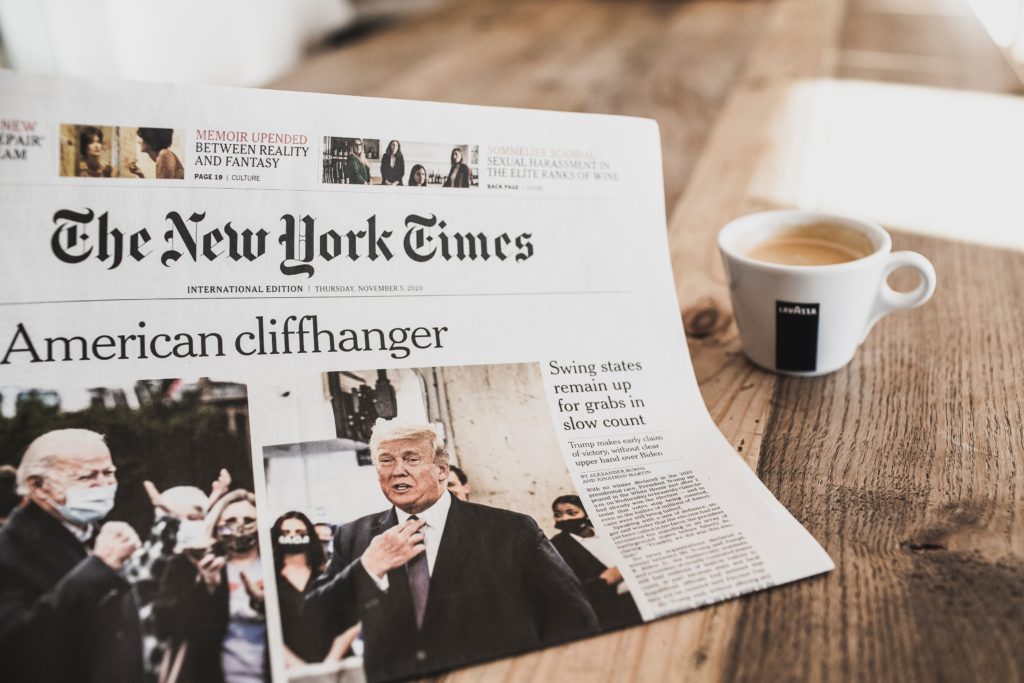
In recent weeks media commentators have dubbed the 2020 U.S. election ‘historic’. It’s understandable.
The campaign was fought in the midst of a global pandemic. By election day over 9.5 million Americans had contracted COVID-19 and more than 235,000 had died.
The contrasting responses of the candidates towards the epidemic, and their competing visions of the future, reflected deep, troubling, divisions in American society. The enmity between the two sides led to a voter turnout of more than 150 million. Win or lose, both candidates look set to receive more votes than any other presidential candidate in American history, surpassing the record of 69.4 million set by Barack Obama in 2008.
The high turnout and closely contested nature of the race means the outcome has remains in doubt. Given pending legal challenges it could be weeks, if not months, before the result is known.
It is an election unlike any other, and yet there are historical precedents for all the current circumstances.
Bitter rivalries are rooted in the American political tradition. In a 1796 letter to George Washington, the radical political thinker Tom Paine denounced the nation’s hallowed founder as ‘treacherous in private friendship and a hypocrite in public life’. The ‘world will be puzzled to decide, whether you are an apostate, or an imposter. Whether you have abandoned good principles, or whether you ever had any’.
Contested elections are also nothing new. In 1824 Andrew Jackson won 11 states with 41.4 per cent of the popular vote to 7 states and 30.9 per cent for John Quincy Adams. Unfortunately for Jackson he failed to secure a majority in the electoral college. Under the 12th Amendment to the Constitution the outcome of the election was decided by the U.S. House of Representatives, with each state casting one vote. Viewed by some as a dangerous demagogue, Jackson lost 13 – 7.
Albeit impressive, the projected 67 per cent turnout of eligible voters in 2020 is eclipsed by the 81.2 per cent turnout of 1860. In that contest the United States was even more divided than it is today. The election of Abraham Lincoln plunged the nation into civil war.
There is even a precedent for a pandemic election. The 1920 campaign coincided with the final months of a global flu epidemic. Between 1918 and 1920 more than 100 million Americans were infected, including outgoing president Woodrow Wilson. Some 675,000 Americans died from the contagion.
It’s a sobering thought that whoever wins the 2020 election, if it takes place, the large crowds attending their inauguration on 20 January has all the potential to turn the day into a super-spreader COVID event. Notwithstanding Trump’s claims to the contrary, there is no guarantee that prior illness with the virus provides lasting immunity against re-infection. Given this he and Biden might do well to reflect on the fate of William Henry Harrison. Sworn in as President in March 1841, on a cold, wet, day in Washington DC, the 68-year old unwisely gave a two-hour inauguration address. Within days he developed a bad cold that turned into pneumonia and died a month after taking office.
Kevern Verney is Associate Dean Research and Professor in American History in the Faculty of Arts and Sciences at Edge Hill University.
Photo by Markus Spiske on Unsplash
